Ho Chi Minh's thoughts on revolutionary journalism - a solid theoretical foundation
During his lifetime, President Ho Chi Minh identified the strategic role of the press in the Vietnamese revolutionary cause: "The press is a sharp revolutionary weapon, the voice of the Party and the people, and a means to propagate the Party's guidelines and policies" (1) . This ideology is not only a guideline but also a theoretical foundation for the development of Vietnamese revolutionary journalism in historical periods, especially in the context of the current digital age.
Weapons of war on the ideological and cultural front
President Ho Chi Minh emphasized that the press is not only a simple means of information but also a sharp weapon, an effective tool for fighting on the ideological and cultural front. He affirmed: “The newspaper is a revolutionary proclamation to mobilize the masses to unite and fight against old and new colonialism, against imperialism (...), for national independence, social progress and world peace” (2) . At the same time, the fighting spirit of revolutionary journalism must make the masses understand the Party's guidelines, make cadres understand their tasks, and make the enemy fearful...
The above argument not only emphasizes the high combativeness of the press, but also sets out the requirement for strong persuasion, the ability to build and consolidate trust, create high unity in the perception and action of the entire Party and the entire people; be an effective propaganda tool, promote revolutionary spirit, and motivate people in the cause of national liberation and building a new society.
President Ho Chi Minh with delegates attending the 3rd Congress of the Vietnam Journalists Association (September 1962)_Photo: hoinhabaovietnam.vn
Honesty and objectivity - the core elements of trust
President Ho Chi Minh attached great importance to Honesty and objectivity in journalism, considering it the foundation for maintaining professional ethics and building trust in society. People require the press to reflect honestly and accurately, not distort the truth, not make people misunderstand. Revolutionary journalism must be the voice of the people and the Party, honest reflection helps the press enhance its reputation, build readers' trust and contribute to social stability. Objectivity does not reduce party spirit, but on the contrary, it also demonstrates the sincere and fair nature in reflecting reality, thereby increasing persuasiveness and propaganda effectiveness.
Party spirit, people spirit and national spirit - the pillars that create the unique identity of Vietnamese revolutionary journalism
One of the unique views of President Ho Chi Minh on revolutionary journalism is the dialectical unity and harmony between party spirit, people spirit and national spirit. Emphasizing party spirit is the basis for affirming the people spirit of Vietnamese revolutionary journalism.
From the revolutionary nature, determined by the Party's character and the people's character, President Ho Chi Minh emphasized the principled requirement: "...the Party's press... avoids technical and political shortcomings"; "Our press is not for a small number of readers, but to serve the people, to propagate and explain the Party's and Government's policies and guidelines, so it must have a mass character and fighting spirit" (3) .
People's character and party character are always the most fundamental content in Ho Chi Minh's thought on Vietnamese revolutionary press. Regarding party character: This is the most fundamental, principled thing, the basis for distinguishing revolutionary press from counter-revolutionary press. President Ho Chi Minh affirmed that the press is only politically correct when led by a party, based on the foundation of Marxism-Leninism, a party with the nature of the working class and closely attached to the nation and the people. He emphasized that the press must be oriented towards the people, protect the legitimate rights of workers and all classes of people, help them understand, agree with and participate in the cause of national construction. Because: "Our press must serve the working people, serve socialism, serve the struggle to achieve national reunification, and for world peace" (4) . Emphasizing the people's nature , He pointed out: " The target audience of the newspaper is the vast majority of the people" (5) , therefore, to serve the people well, the way of writing articles must be simple, easy to understand, the language must be clear; writing to serve the people must definitely choose what is beneficial to the people and serves the revolutionary cause.
The combination of party spirit and popular spirit creates a distinct identity and strength for the Vietnamese revolutionary press, contributing to building a press that is both politically steadfast and flexible and close to people's lives.
The team of journalists: Both "red" and "professional"
Based on the principles and purposes of the Vietnamese revolutionary press, in his speech at the Second Congress of the Vietnam Journalists Association (1959), President Ho Chi Minh required journalists to constantly cultivate revolutionary ethics, cultivate ideology, study politics to grasp the guidelines and policies of the Party and State, go deep into reality, go deep into the working masses, always improve cultural level, hone professional skills, sharpen the pen; especially to cultivate political stance. From there, it greatly contributed to the orientation and training of generations of Vietnamese journalists with virtue and talent, becoming the vanguard force on the ideological and cultural front of the Party. He required the journalism team to be "both red and professional", that is, having both a firm political stance and high professional qualifications.
In the digital age, Ho Chi Minh's thoughts on revolutionary journalism have even more profound significance, as journalists not only need to be proficient in writing and creating works, but also must understand information technology and multimedia communications, and be able to apply digital tools to create content, interact with readers, and enhance the propaganda power of revolutionary journalism.
Practice and urgent requirements for revolutionary journalism in the digital age
The digital age, with the explosion of information technology and social media, has created a major turning point for the activities of Vietnam's revolutionary press (revolutionary press). While opening up many development opportunities, revolutionary press also faces many fierce challenges, requiring profound innovation in thinking and methods of operation.
Fierce competitive pressure and mandatory digital transformation
The explosive growth of social media and non-mainstream media platforms has fundamentally changed the way society receives information, creating great competitive pressure on traditional revolutionary journalism. Readers and viewers increasingly prioritize fast, diverse and highly interactive news sources, forcing revolutionary journalism to change to maintain its leading position.
According to the Ministry of Information and Communications, about 70% of Vietnamese people access information through social media (6) , posing an urgent requirement for revolutionary press agencies to comprehensively transform digitally, innovate the way they produce and distribute news articles, and diversify their forms of expression...
The application of digital technology is not only about the technical aspect but also about transforming the journalistic thinking model, from focusing on information transmission to two-way interaction, creating an open dialogue environment between the press and the public. This is an urgent requirement for revolutionary journalism to continue to play the role of a “sharp weapon” on the ideological front in the new context.
The risk of fake news, disinformation and loss of social trust
A prominent challenge of the digital age is the rapid and widespread spread of fake news, misinformation and disinformation campaigns by hostile forces. This not only erodes people's trust in mainstream media but also causes social disorder and weakens political and social stability.
In recent times, the number of cases of spreading fake news and false information related to politics and national security has been increasing, requiring the revolutionary press to play a leading role in detecting, refuting and providing accurate and verified information. At the same time, the revolutionary press needs to improve the quality of information verification, increase transparency in the process of editing and processing information; proactively coordinate with competent authorities to develop media education programs for the people, helping to improve the ability to identify fake news and protect the purity of the national information environment.
General Secretary To Lam presented the A prize to the representative of the group of authors at the Announcement and Award Ceremony of the 9th National Press Award on Party Building (Golden Hammer and Sickle Award), January 20, 2025_Photo: hanoimoi.vn
The economic challenge of journalism in the digital age
In the context of the booming digital age, Vietnamese revolutionary journalism is facing fundamental economic challenges that are likely to profoundly reshape its operating model and directly affect its ability to carry out its political mission. Traditional revenue sources, especially from print advertising, have been severely reduced due to the shift of advertising to transnational digital platforms - where journalistic content is often distributed, but lacks a fair profit-sharing mechanism for production units. At the same time, efforts to develop content charging models in the online environment still face barriers to the habit of consuming free information among the Vietnamese readership community. This puts considerable pressure on press agencies, especially when the policy of financial autonomy is increasingly promoted, requiring economic self-reliance in addition to support from the state budget.
In addition, the cost of investment in technology and production of high-quality content in the digital environment is increasing rapidly. This requires press agencies to constantly upgrade their technical infrastructure, apply advanced technology solutions, especially train and develop a team of qualified and specialized human resources to adapt to the new requirements of modern media. This cost has become a significant financial burden. In addition, the rampant copyright infringement and content copying on cyberspace has seriously eroded the value of original press products, causing loss of potential revenue for newsrooms.
In addition, fierce competition in terms of speed and accessibility from social media, along with the outbreak of fake news and toxic information, requires revolutionary journalism to be both agile and steadfast in upholding its principles and goals, and upholding political orientation and professional ethics. Overcoming these economic barriers is not only a matter of survival but also a prerequisite for revolutionary journalism to continue to maintain its role as a sharp tool of the Party and a trusted voice of the people in the cause of building and defending the socialist Fatherland.
Challenges to the capacity and quality of journalists in the digital age
Current practice in journalism shows that a number of journalists have not yet met the requirements of rapid innovation in professional skills and multimedia communication technology. Many reporters and editors have not been properly trained in digital skills and have not been able to adapt promptly to the requirements of multi-platform journalism and the social media environment. In addition, maintaining professional ethics, avoiding pursuing personal interests, and processing information dishonestly also cause negative consequences, affecting the reputation and effectiveness of revolutionary journalism.
The above issues are major challenges that need to be addressed synchronously through training, in-depth training, digital skills development and professional ethics for journalists. In particular, it is necessary to build a press team that is “both red and professional” in accordance with Ho Chi Minh’s ideology, capable of responding flexibly and creatively to the rapid changes of the modern media environment.
Correctly and creatively applying Ho Chi Minh's ideology to develop revolutionary journalism in the digital age
Faced with the need to innovate and develop journalism in the digital age, the correct and creative application of Ho Chi Minh’s thought will contribute significantly to consolidating the theoretical foundation, promoting practical guidelines to preserve the revolutionary nature and improving the effectiveness of propaganda and orienting public opinion of revolutionary journalism. Accordingly, it is necessary to focus on the following contents:
"HTV Space" brings interactive digital space experience for the first time at the National Press Festival 2024_ Photo: VNA
First, maintain the revolutionary nature and carry out the mission of ideological orientation.
According to President Ho Chi Minh, the Vietnamese revolutionary press is the Party's "sharp weapon", playing a pioneering role on the ideological and cultural front. In the context of strong digital technology development and social media becoming a multi-dimensional forum, the revolutionary press needs to affirm its guiding role and firmly maintain its political stance.
The application of digital technology to enhance the power and scope of propaganda must not change the nature and mission of revolutionary journalism. Instead, technology must be a tool to help the press focus on conveying the Party's policies and guidelines, while at the same time fighting strongly, scientifically and resolutely against wrong views and distorted arguments on cyberspace, protecting the Party's ideological foundation. In the letter "To the Southern Cultural and Intellectual Brothers", including journalists, dated May 25, 1947, President Ho Chi Minh emphasized: "Your pens are also sharp weapons in the cause of supporting the righteous and exorcising evil, which cultural and intellectual brothers must do as well as the heroic soldiers in the resistance war to regain the right to unity and independence for the Fatherland" (7) .
Thus, to maintain the revolutionary nature, the press must be the vanguard force in fighting against "reactionaries and opportunists" on the ideological front, making an important contribution to protecting political stability and sustainable development of the country.
Second, innovate content in a specialized, diverse direction, valuing data and interaction.
In the digital age, revolutionary journalism is not just about transmitting information but also needs to improve the quality of content through in-depth analysis, sharp reasoning and high combativeness. Developing data journalism, multimedia as well as creating authentic interactive platforms helps strengthen connections with readers, enhance the role of social supervision and promote transparency.
Developing in-depth articles, scientific analysis, and objective criticism is a manifestation of the maturity of theoretical thinking and critical capacity of revolutionary journalism. At the same time, building platforms to interact with readers not only helps the press respond promptly to social aspirations but also creates a community of loyal readers, contributing to widely spreading the values of orthodox journalism.
Digital technology provides an effective tool to realize President Ho Chi Minh's teachings on revolutionary journalism, while creating a multi-dimensional connection between the press and the people.
Third, build a team of modern journalists who are both "red" and "professional".
One of President Ho Chi Minh's great lessons for revolutionary journalism is that journalists must be "both red and professional", meaning they must have both a firm ideological stance and high professional expertise.
In the digital age, the team of revolutionary journalists not only needs to be trained and strengthened in politics and ideology, but also equipped with technological skills, proficiency in multi-platform journalism, knowing how to use modern media and process information on social media, especially improving the capacity to prevent fake news.
Journalists today are revolutionary soldiers on the digital ideological front, both steadfast in political will, flexible and creative in professional techniques, and sensitive to changes in modern media. That is the prerequisite to ensure the quality of information and maintain professional ethics in the current complex media context.
Fourth, perfecting the mechanism and policies for managing digital press.
Faced with the rapid development of technology and social media, the development and improvement of a legal framework and policies for digital press management is an urgent and key task. The legal framework needs to both ensure freedom of the press within the legal framework and have strict regulations to control information on cyberspace, prevent fake news, toxic information and subversive arguments. Scientific and flexible management policies will create a healthy environment for revolutionary press to develop, while protecting national ideological security. This requires close coordination between state management agencies, press units and social media, while promoting training and raising legal awareness for journalists and the online community.
In the context of digital media, applying Ho Chi Minh's thought helps our country's revolutionary press continue to develop comprehensively, meeting the increasingly high requirements of innovation and international integration in the new era of development./.
-------------------------
(1) Ho Chi Minh: Complete Works , National Political Publishing House Truth, Hanoi, 2011, vol. 5, p. 150
(2) Ho Chi Minh: Complete Works , op. cit. , vol. 14, p. 540
(3), (4) Ho Chi Minh: Complete Works , op. cit. , vol. 12, p. 166
(5) Ho Chi Minh: Complete Works , op. cit. , vol. 6, p. 102
(6) See: Le Lam: "Vietnamese social networks reach hundreds of millions of users, Zalo accounts for nearly 70%", Nhan Dan Electronic Newspaper , November 29, 2024, https://nhandan.vn/mang-xa-hoi-viet-nam-dat-tram-trieu-nguoi-dung-zalo-chiem-gan-70-post847689.html
(7) Ho Chi Minh: Complete Works , op. cit. , vol. 5, p. 157
Source: https://tapchicongsan.org.vn/web/guest/van_hoa_xa_hoi/-/2018/1094402/bao-chi-cach-mang-viet-nam-trong-ky-nguyen-so-duoi-anh-tu-tuong-ho-chi-minh.aspx


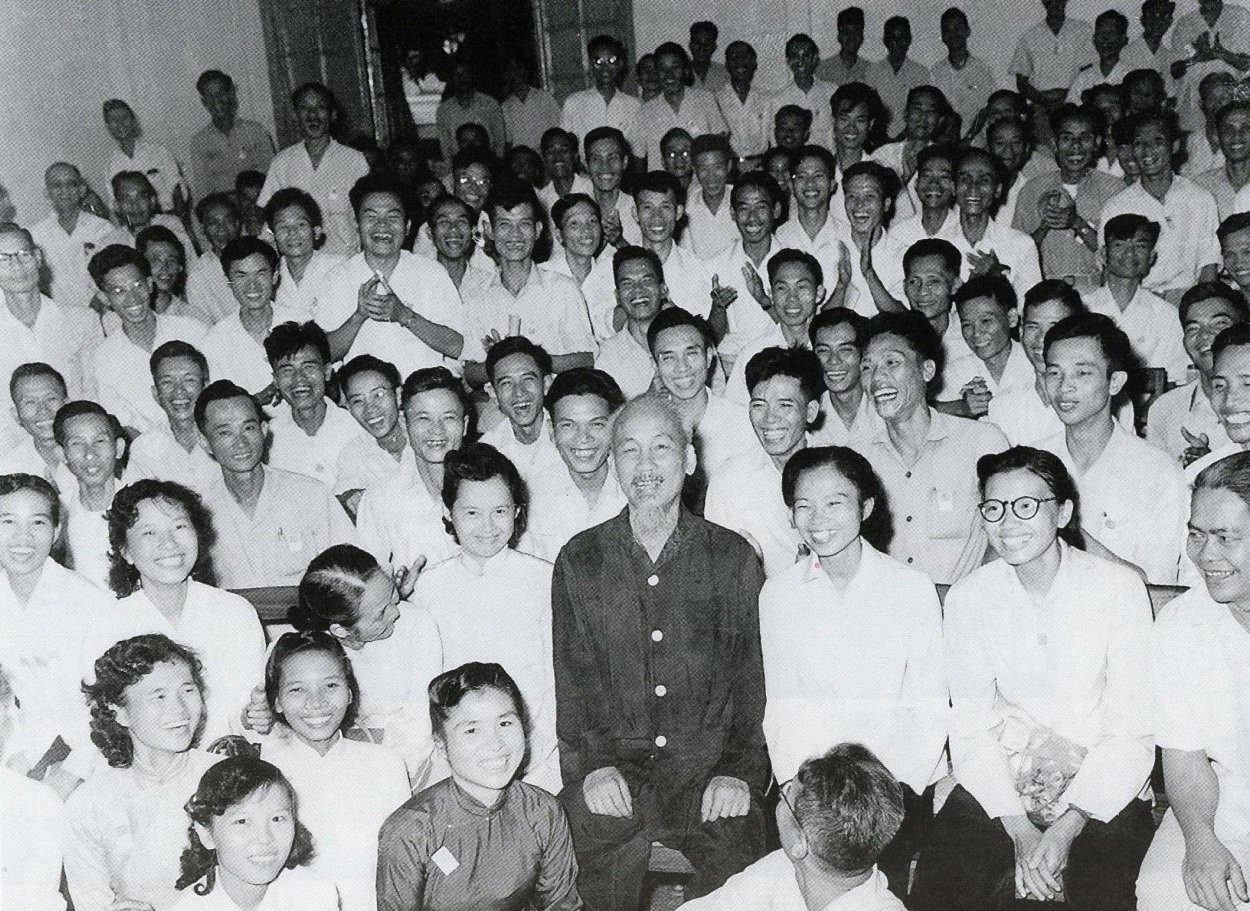
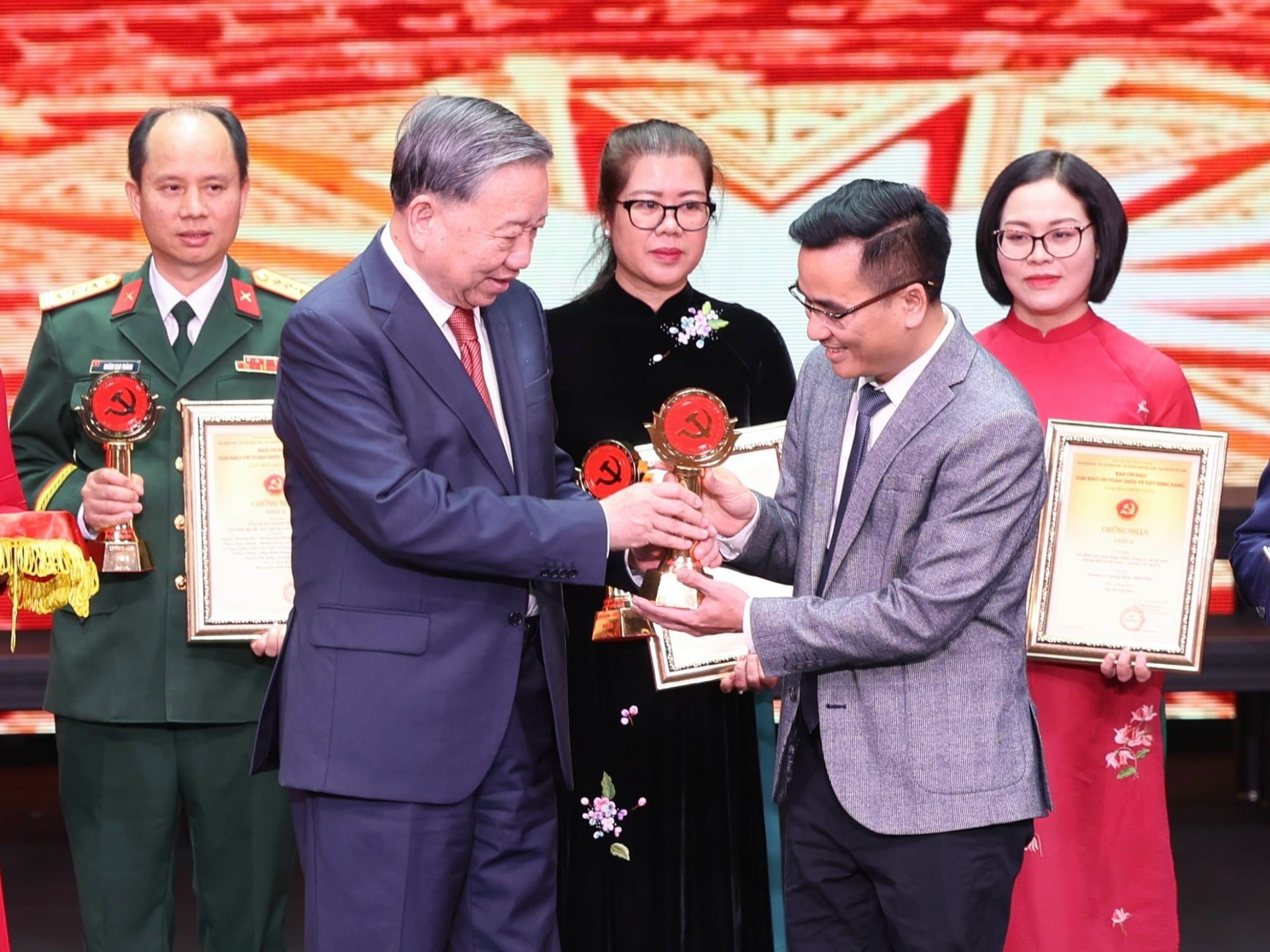
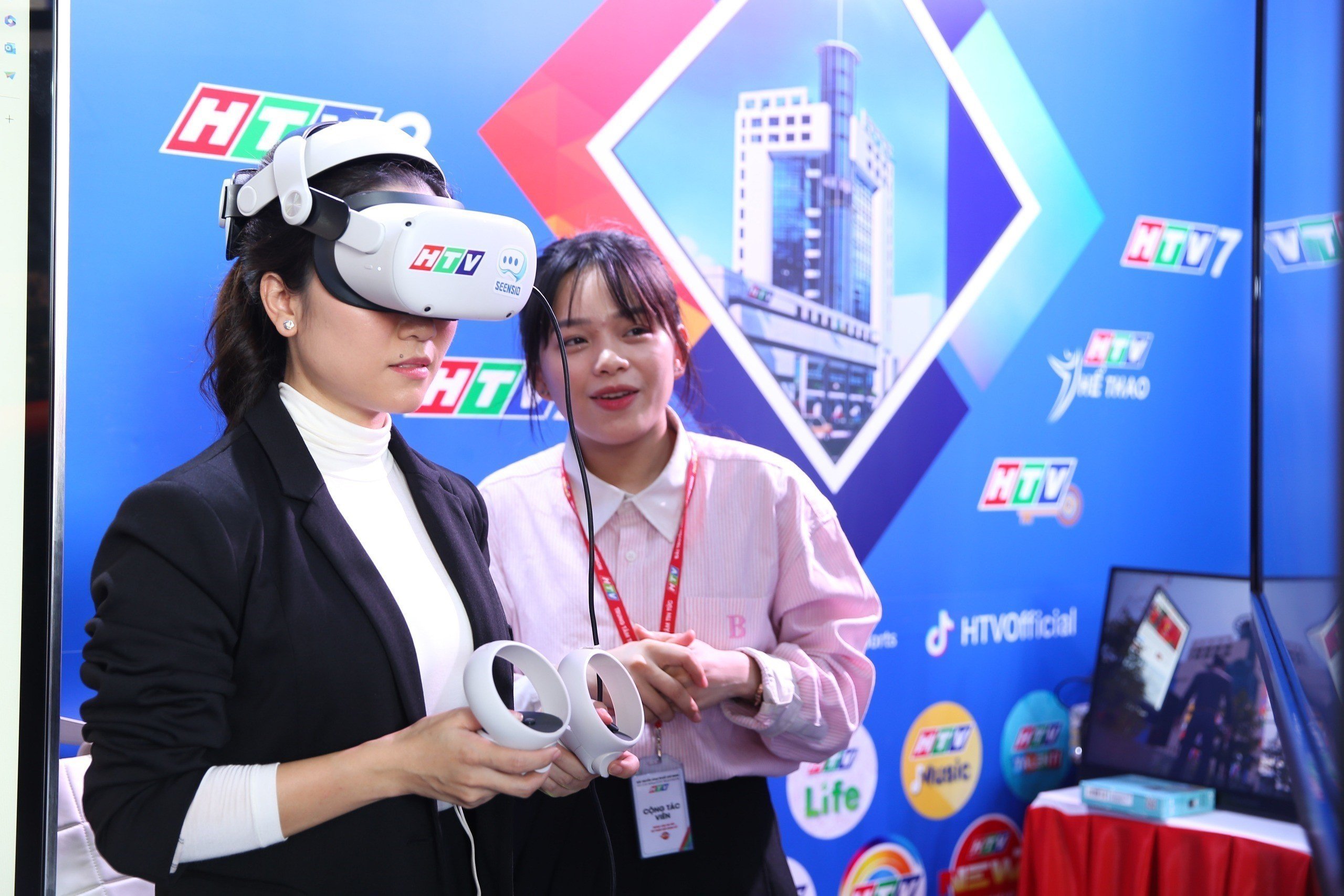












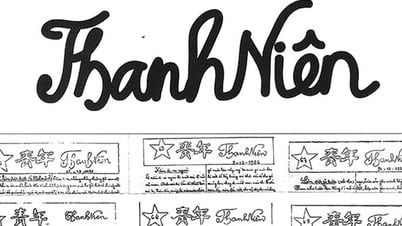




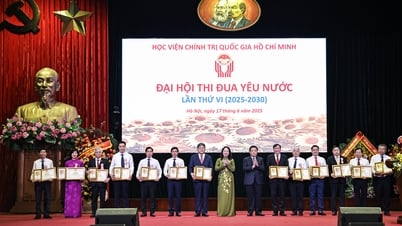

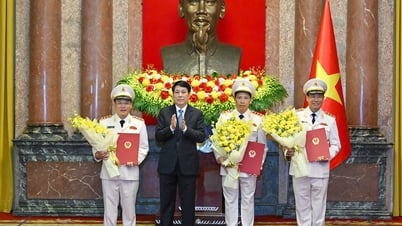

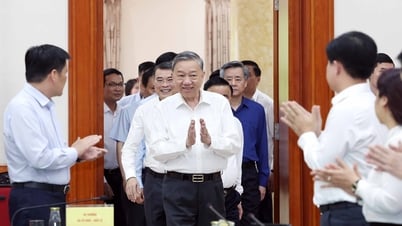
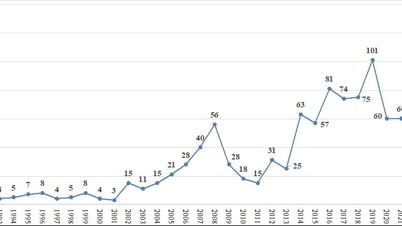
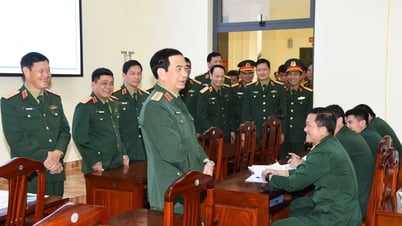





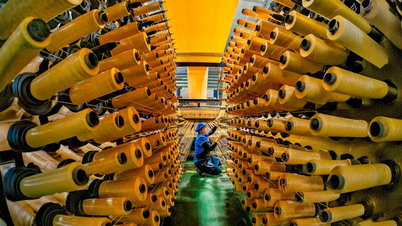
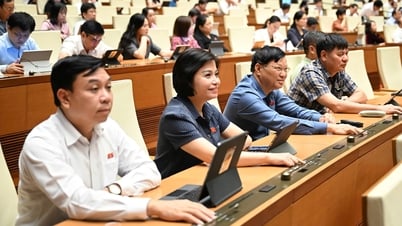



















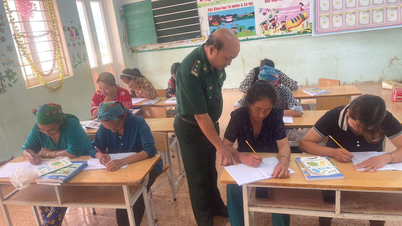






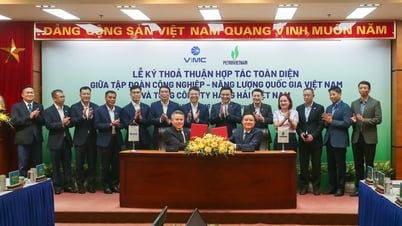
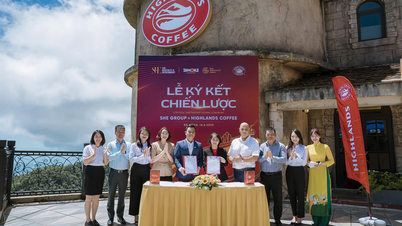






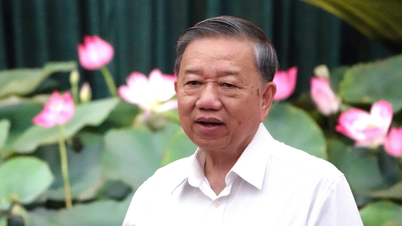












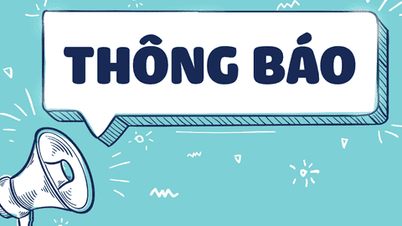

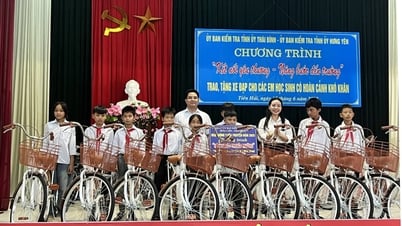






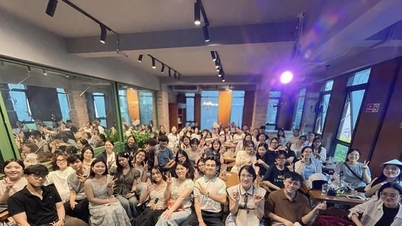
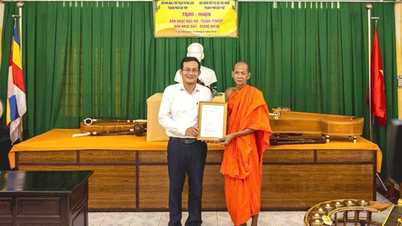















Comment (0)